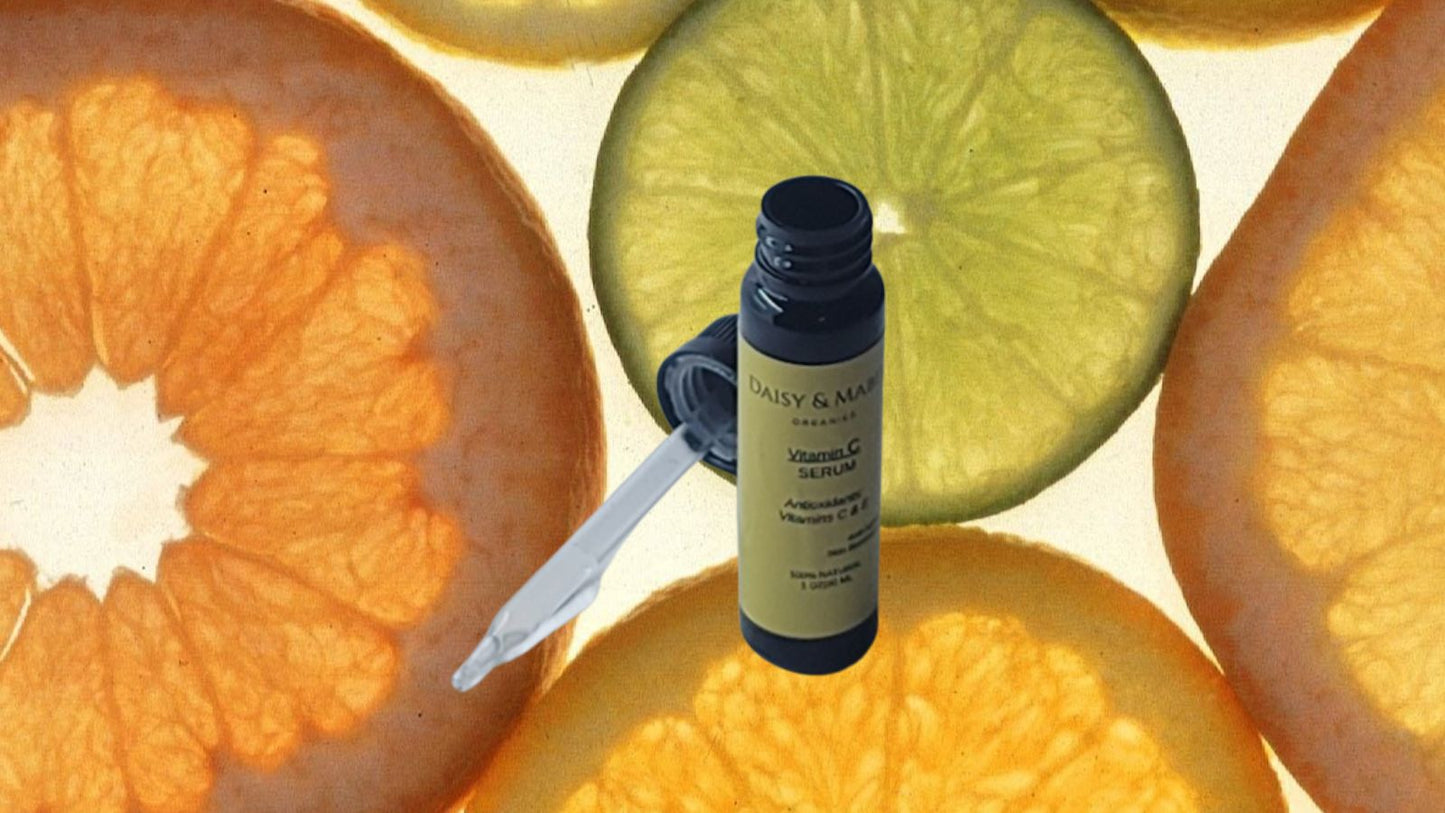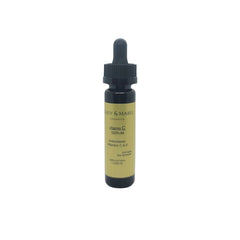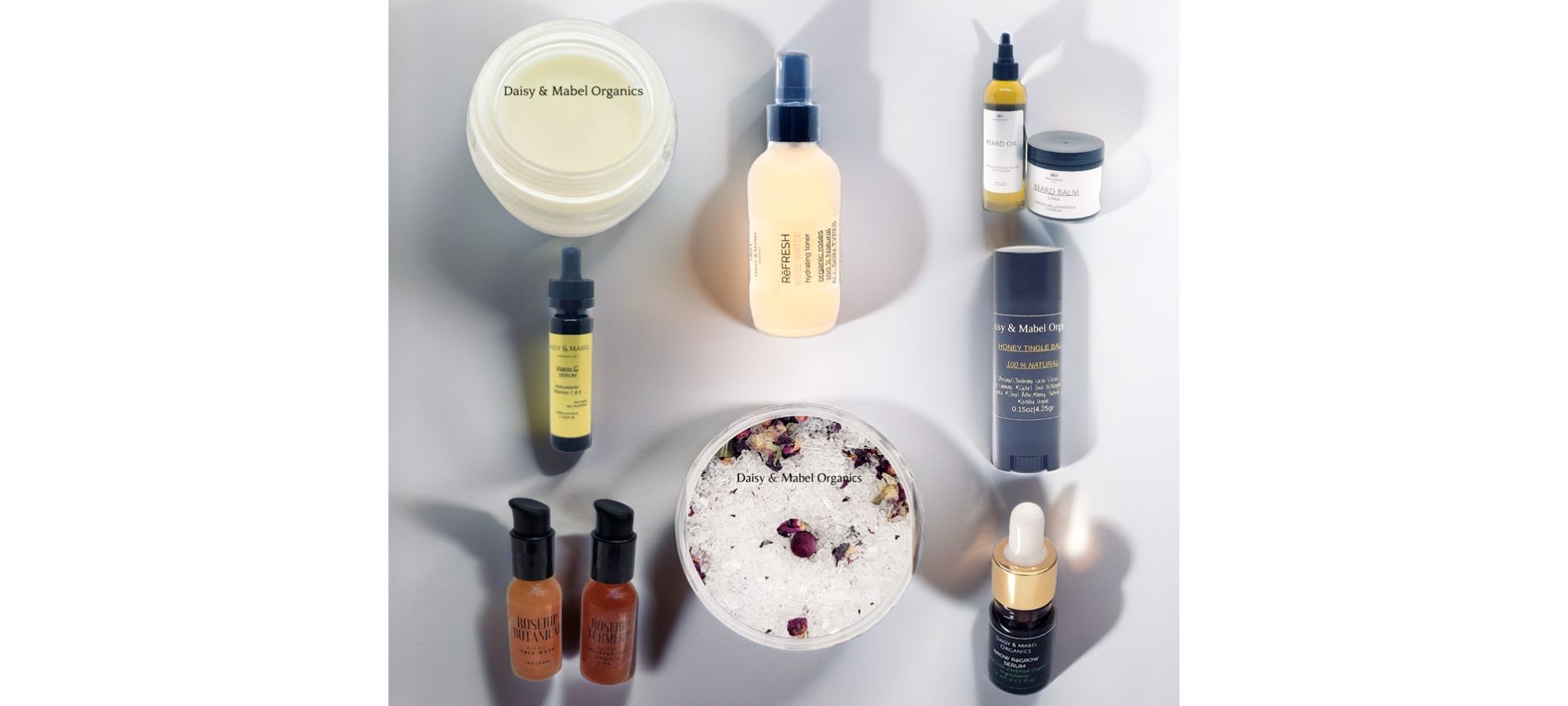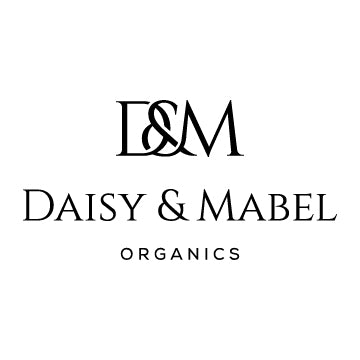
Skincare
Do you use Vitamin C Serum? If not, what are you waiting for? Vitamin C serum is an elusive, misunderstood skin care topical. We are all familiar with the great benefits of Vitamin C as a supplemental intake, but what about your skin?
High value foods that are Vitamin C rich:
- Guava
- Kiwifruit
- Bell peppers
- Strawberries
- Citrus
- Papaya
- Broccoli
- Tomato
- Snow Peas
- Kale
When your body uses Vitamin C there may not be enough impactful nutrients leftover that are beneficial for skin health. It is best to give your skin what it needs by applying Vitamin C directly to your skin.
Through the ages there were a series of events that lead to the skin topical that we have grown to love.
Vitamin C was discovered in 1912 by Casmir Funk originally called "vitamine", and isolated in 1928.
Szent-Györgyi originally named the substance hexuronic acid. Later, sending large supplies to Haworth and his colleagues that were harvested from paprika. Haworth and his research team determined the structure of hexuronic acid, coining the new term "ascorbic acid". In 1933, Vitamin C was the first vitamin to be chemically produced.
Keywords: anti-oxidant, asorbic acid, free-radical

So, what do you need to know?
Serums deliver a high concentration of active ingredients that deeply penetrates the skin
Benefits of Vitamin C serum
Vitamin C inhibits the pathway of abnormal skin production of pigmentation. This is especially key when dealing with skin with high concentrations of melanin, such as African American skin tones. Vitamin C lightens dark spots, while your natural skin tone remains intact. The antioxidative properties of Vitamin C accelerates the production of collagen and elastin in all skin types. These two fibers are responsible for firm, ageless skin. As we gracefully age collagen and elastin production naturally decelerates. Here's where Vitamin C kicks in!
- Lightens dark spots triggered by sun damage caused by free-radicals, pregnancy, aging, and acne scars
- Minimizes redness and inflammation which promotes clearer skin
- Helps skin heal
Lightens Dark Spots
Hyperpigmentation is often mentioned in close relation to Vitamin C, and for good reason. Because it blocks melanin production, it helps in fading dark spots leading to a more even skin tone. Pregnancy mask is a condition endured by many, caused by an increase in hormonal activity. This patchy mask may also be experienced by women who are on birth control.
Minimizes Redness and Inflammation
There are plenty of studies that have shown Vitamin C as an anti-inflammatory. Anti-oxidants neutralize excess free-radicals associated with redness by donating an electron particle. This donation turns off (neutralizes) free-radicals.
Helps Heal Skin
It helps to heal skin too! Vitamin C is a great healer of sunburned skin and dark spots from scars. Collagen and elastin are key components in wound healing. Vitamin C plays an integral role in collagen synthesis and later cross-linking, as well as the formation of new blood vessels.
More blood flowing to a wounded area = Faster healing time
Who Should Use Vitamin C Serum With Caution?
If you have sensitive skin you should do an initial patch test. I fall into this category too. Sensitive skin is not the end of the road of your skin health journey with Vitamin C as a topical for clear skin. If testing products for use on my face I test on the side of my neck, the next best area. The secondary patch test area is inside your elbow for a concealed testing area. Vitamin C serum, is most commonly produced in 10%-20% range. If you are a new user start with the lower concentration of 10% to negate adverse effects.
FAQs about Vitamin C
What age group should use Vitamin C serum?
18-80, all age groups can benefit.
Will my skin become damaged if I apply during the day with an AM skin care routine?
No, in fact it is a powerful preventative that is protective against free-radical damage from the sun. Do not forgo your SPF, applying sunscreen after your serum application is still best.
Can you use Vitamin C Serum while pregnant?
Yes, Vitamin C Serum is still skin safe while pregnant. as long as it in formulated without Retinol A. This ingredient is not in Daisy & Mabel Organics' formulation of ingredients for Vitamin C Serum. Follow up any application of Vitamin C Serum with sunscreen. Please consult your doctor prior to using while pregnant.
How do I keep my product fresh?
Keep away from light. Vitamin C serums are best when packaged in an amber or dark bottle. When improperly exposed to light it will deteriorate.
How can I tell if my Vitamin C serum is still active?
You should check product packaging and info listed in the description for best use date. An indicator of spent, inactive ingredients for Vitamin C serum is color. The color is clear when active, and amber or brown when inactive. An amber color denotes oxidation, once oxidation occurs it is not reversible. To avoid, make sure bottles are stored properly: airtight and away from light.
My personal account:
I have always used Vitamin C Serum age ranging 20's to early 40's. In the former years, I treated Vitamin C serum as a special self-care topical treat that was used strictly on my face that I purchased sporadically. Fast forward to now, yeah I use it everyday and not just on my face! I have never had an adverse effect from use. I apply my Vitamin C serum twice daily: am and pm routines. I use in conjunction with RēFRESH ROSE WATER hydrating toner, followed by Vitamin C Serum. Looks and feels? My skin feels hydrated, firm, and glowy. If you want to see results I recommend continued use for at least 3 weeks. For skin discolorations related to scars and hyperpigmentation, two months is a realistic timeframe for results. For newer scars you may see a change sooner.
Checkout before and after results
Malika
How is this working? Follow and share your experience.











